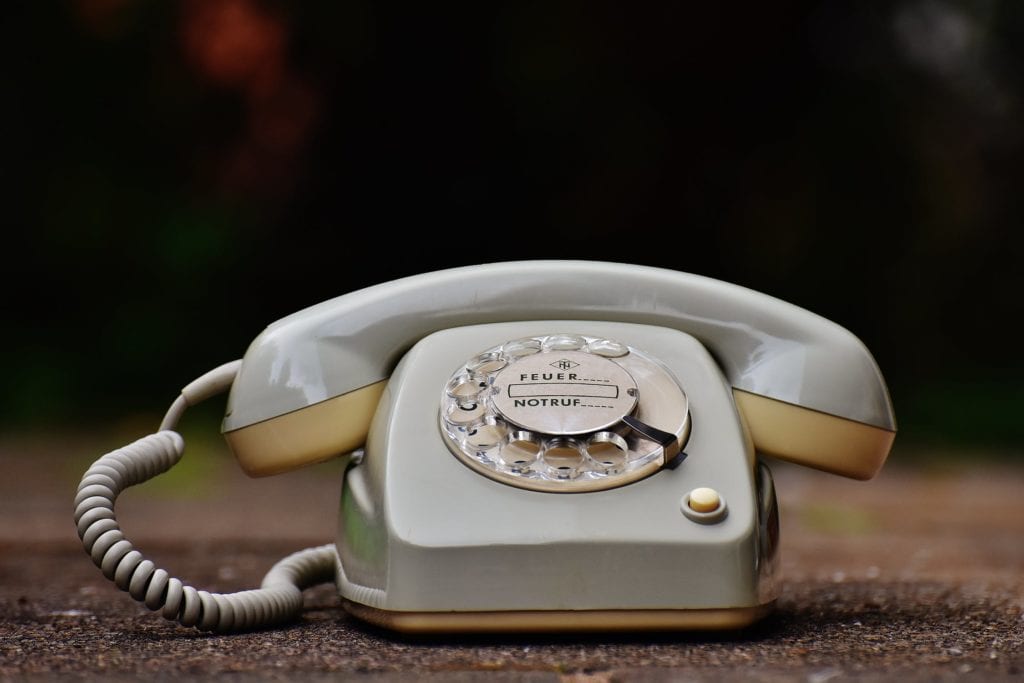Useful Tips: Save Money While Studying Abroad


Having enough money is one of the biggest concerns of people planning to learn English in a different country. You should know that the cost of studying abroad is often lower than what people expect.
We shared with you before money saving tips for your study abroad adventure, but having enough savings to go somewhere is just a part of the story. To avoid breaking the bank, you should still save money while studying abroad in an English-speaking country. Here are some tips on how to do that:
1. Avoid ATM’s
Of course, I don’t mean that you should avoid ATM’s entirely or run away every time you see one 🙂 However, you may want to plan your visits to draw money to be as infrequent as possible to save money while studying abroad.
Why’s that? The bank in your country is likely to charge fees for money withdrawals but that’s not it. Local ATM’s also often add an additional charge for withdrawals by people not banking with this particular bank!
Fortunately, such fees remain the same, regardless of the amount you’re withdrawing. This is exactly why it makes more sense to withdraw more money on one go. Ideally, max out on your withdrawal limit!
Just remember to stay safe when you do it. Draw money in a public place and don’t walk around with a big amount of money all day. Rather deposit it safely, where you’re staying, and then continue exploring.
2. Don’t Just Call To Say “I Love You”


It’s natural that you want to stay in touch with your family or even with your partner, if you also left your significant other behind. Unfortunately, international calls can cost an arm and a leg with some gracious examples of calls between countries within the European Union.
The best way to stay in touch with your loved ones without emptying your pockets is using Skype, Facebook Messenger, Whatsapp, FaceTime… Do you see how many options there are? If you want to communicate with someone who’s not very tech savvy, simply provide them with a short training on how to use a given communicator.
Free communication makes it tempting to chat for hours on end but remember that saving money doesn’t always mean you’re not wasting it. How come? Well, you’ve paid a lot of money to travel, so use your time on practising English with your friends at school as well as locals and not with chatting to your family in your native language. Catch up with them regularly but take advantage of your time abroad too!
3. Learn How to Budget
Look at all the people who’re in debt even though they earn relatively well. Do you know why they’re constantly broke? Because budgeting isn’t easy and it’s a skill that has to be first learnt and then practised. If you don’t know how to do it, there are apps to help you as well as books on this topic.
It’s challenging to say no to temptations, especially during a holiday or a stay abroad. Everything is exciting and there are so many new things to try! Unfortunately, you can’t have them all.
Start budgeting before your trip to get into the habit of saving money while studying abroad. When you’re already in your destination country, remember to always question your instinct to buy something. Do you really want this shirt? It may be nicer to go for this expensive trip you’ve been considering in two weeks time…
By asking yourself questions like these you’ll avoid buying unnecessary stuff you may never use again. Instead, you’ll have money for life lasting experiences from your English learning trip abroad!


4. Expensive Is Relative – Currency Issues
There are two main problems related to differences between the currency in your home country and the one in the English-speaking country you’re visiting.
The first problem is when your currency is weaker than in your destination country. Everything seems expensive, which is why you may feel disinclined to buy things or eat out. Thinking only about the price is a double-edged sword, though.
I remember during my first trip to England, I was avoiding spending money as everything seemed too expensive.
Then I saw a shop where all items cost one pound or below. I went crazy and bought a number of items, including low quality shirts and shoes, I never ended up wearing. It’s so cheap, I thought. Only that in reality I spent more money there than I would have on all the ice-cream and meals out I had denied myself.
The second problem is the opposite situation, when your currency is stronger than the currency of the English-speaking country you study in. In this case everything seems very cheap and you may start buying a lot of stuff just because you can.
Don’t forget that lot of cheap stuff still costs a lot of money, as I explained in my anecdote. You also won’t be happy to see what you’ll get charged for excess baggage at the airport on your way home…
That’s not all we can tell you about saving money during your English course abroad. Check out this video on our YouTube channel to learn even more about budget travel:
Do you think you know now how to save money and not go bankrupt during your trip abroad? That’s great! Explore our course offer and choose something special for yourself with or without the assistance of our friendly student advisors.
Related Posts
Stay up-to-date with the latest information.

